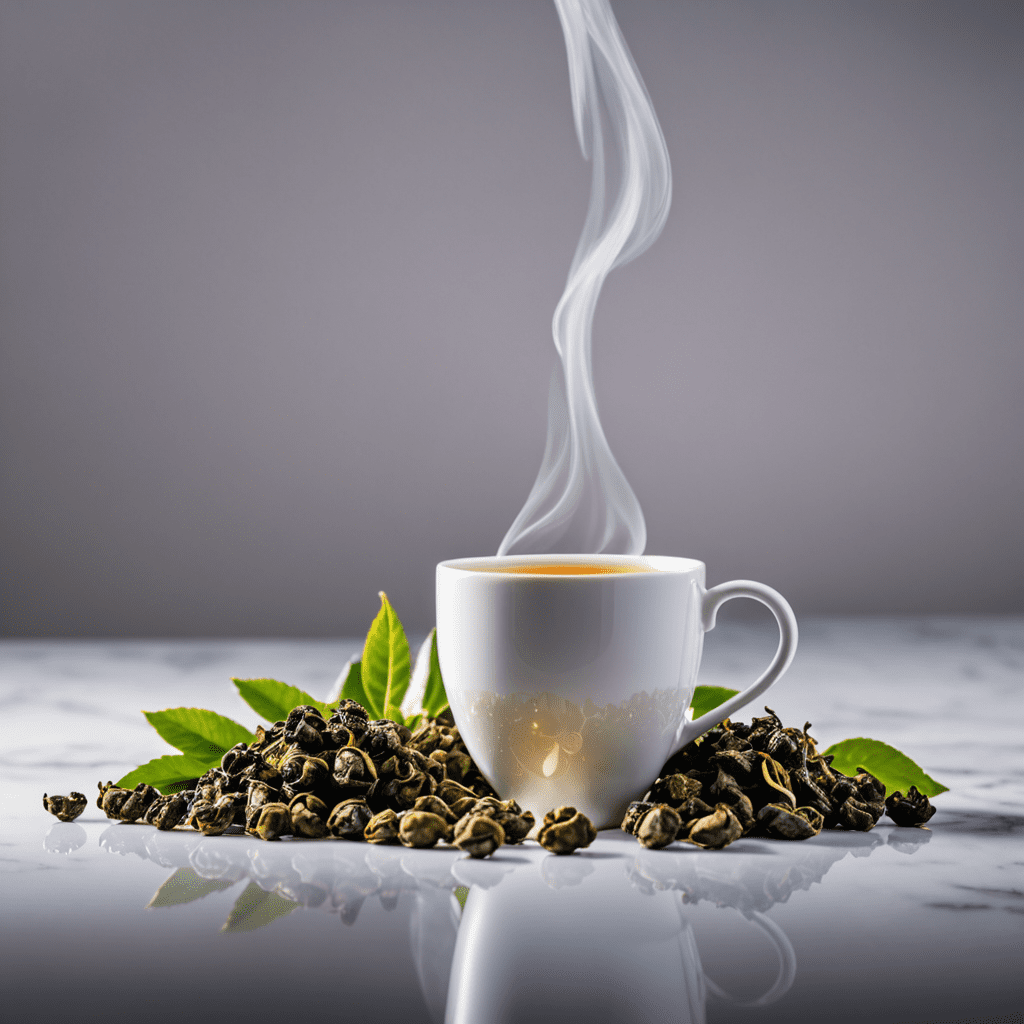
Introduction: A Legacy Steeped in History
India, a land steeped in ancient traditions, boasts a rich tea culture that dates back centuries. The journey of artisanal tea craftsmanship in India is a testament to the country's deep-rooted connection with this aromatic beverage. From the lush tea gardens nestled amidst rolling hills to the skilled hands of master tea artisans, India's artisanal tea industry is a vibrant tapestry woven with time-honored techniques and a passion for preserving tradition.
The Allure of Artisanal Teas: Beyond the Mass-Produced
In an era of mass-produced commodities, artisanal teas offer a unique and authentic experience. Unlike commercially produced teas, which often prioritize uniformity and large-scale production, artisanal teas are handcrafted in small batches, with meticulous attention to detail. Each cup embodies the dedication of skilled tea makers, who meticulously cultivate, process, and blend the leaves, resulting in a tea that is not just a beverage but a testament to tradition and craftsmanship.
Exploring India's Diverse Tea-Growing Regions: From Darjeeling to Assam
India is blessed with a diverse range of tea-growing regions, each with its unique terroir and tea varieties. From the misty slopes of Darjeeling, famed for its delicate muscatel flavor, to the expansive plains of Assam, renowned for its robust malty character, India's tea landscape offers a treasure trove of flavors to explore. Each region's distinct climate, soil conditions, and tea cultivars contribute to the unique character of its artisanal teas, making every cup a journey through India's rich tea heritage.
Traditional Tea Cultivation: An Artform Passed Down Through Generations
Artisanal tea cultivation in India is more than just an industry; it's a way of life. For generations, families have passed down the knowledge and skills required to cultivate tea plants with the utmost care and attention. From nurturing the soil to pruning the bushes, every step is guided by traditional wisdom and a deep understanding of nature's rhythms. This dedication to preserving traditional cultivation methods ensures that artisanal teas retain their unique character and embody the essence of India's tea heritage.
Mastering the Art of Tea Processing: From Plucking to Packaging
The journey of an artisanal tea doesn't end with cultivation. The art of tea processing plays an equally crucial role in shaping the final product. From the delicate hand-plucking of the finest leaves to the meticulous withering, oxidation, and drying processes, each step is carefully executed by skilled artisans. These traditional methods, passed down through generations, ensure that the tea retains its natural flavors and aromas, resulting in a cup that is both exquisite and authentic.
6. The Uniqueness of Artisanal Teas: Single-origin, Handcrafted, and Sustainable
Artisanal teas hold a special allure due to their unique qualities. Unlike commercially produced teas, which often blend leaves from various origins, artisanal teas are single-origin, meaning they come from a specific tea garden or estate. This allows for a more distinct and nuanced flavor profile, reflecting the terroir and the unique characteristics of the region where the tea was grown.
Furthermore, artisanal teas are handcrafted with meticulous care, each step overseen by skilled tea makers who employ traditional methods passed down through generations. This dedication to craftsmanship ensures that every cup is a testament to human expertise and a celebration of the human touch in tea production.
Finally, artisanal teas are often produced using sustainable practices, with a focus on environmental conservation and ethical sourcing. This commitment to sustainability ensures that tea gardens are managed responsibly, preserving the delicate ecosystems and supporting local communities.
7. A Celebration of Flavor: Exploring the Spectrum of Artisanal Teas
The world of artisanal teas offers a diverse range of flavors to explore, each with its unique characteristics and appeal. From the delicate floral notes of Darjeeling teas to the robust malty character of Assam teas, the spectrum of flavors is as diverse as India's tea-growing regions.
Black teas, with their full-bodied flavor and rich aroma, are a classic choice for tea enthusiasts. Green teas, known for their delicate flavors and health benefits, offer a refreshing alternative. Oolong teas, partially oxidized, bridge the gap between black and green teas, offering a unique flavor profile that varies depending on the oxidation level. White teas, minimally processed, are prized for their delicate flavor and high antioxidant content.
8. Artisanal Teas: A Gateway to Cultural Heritage and Community Building
Artisanal teas serve as a bridge to India's rich cultural heritage and diverse tea-drinking traditions. Each cup embodies the centuries-old knowledge and skills of tea artisans, showcasing the unique customs and practices associated with tea cultivation and consumption in different regions.
Moreover, artisanal teas foster a sense of community among tea producers, consumers, and enthusiasts. By supporting small-scale tea producers, consumers contribute to the preservation of traditional tea-making methods and the livelihoods of local communities.
9. Supporting Artisanal Tea Producers: Ensuring a Sustainable Future
The future of artisanal tea production depends on the support of tea enthusiasts and conscious consumers. By choosing artisanal teas over mass-produced alternatives, consumers can play a vital role in ensuring the sustainability of this unique industry.
Supporting small-scale tea producers helps preserve traditional tea-making methods, protect the environment, and empower local communities. Consumers can find artisanal teas through reputable tea merchants, online retailers specializing in artisanal products, or directly from tea gardens and estates.
10. Conclusion: Honoring the Legacy of Artisanal Tea Craftsmanship in India
India's artisanal tea industry is a testament to the country's rich tea culture and the dedication of skilled tea artisans. By embracing artisanal teas, we honor a legacy of tradition, craftsmanship, and sustainability. Each cup not only offers a unique and flavorful experience but also serves as a reminder of the human touch and the importance of preserving cultural heritage.
FAQ
What are the benefits of drinking artisanal teas?
Artisanal teas offer a range of benefits, including:
- Unique and complex flavors: Artisanal teas are known for their distinct and nuanced flavor profiles, reflecting the terroir and the unique characteristics of the region where the tea was grown.
- High quality: Artisanal teas are handcrafted with meticulous care, using traditional methods and high-quality tea leaves.
- Sustainability: Artisanal tea producers often employ sustainable practices, ensuring environmental conservation and ethical sourcing.
- Supporting local communities: By choosing artisanal teas, consumers directly support small-scale tea producers and their communities.
How can I find artisanal teas?
Artisanal teas can be found through reputable tea merchants, online retailers specializing in artisanal products, or directly from tea gardens and estates.
What are some popular types of artisanal teas from India?
Some popular types of artisanal teas from India include:
- Darjeeling teas: Known for their delicate floral notes and muscatel flavor.
- Assam teas: Renowned for their robust malty character and strong aroma.
- Nilgiri teas: Characterized by their bright, brisk flavor and citrusy notes.
- Kangra teas: Prized for their delicate flavor and golden color.
How do I brew artisanal tea?
The brewing method for artisanal tea will vary depending on the type of tea. However, some general guidelines include:
- Use filtered or spring water.
- Heat the water to the appropriate temperature for the type of tea.
- Use the correct amount of tea leaves per cup.
- Steep the tea for the recommended time.
- Enjoy your tea!
